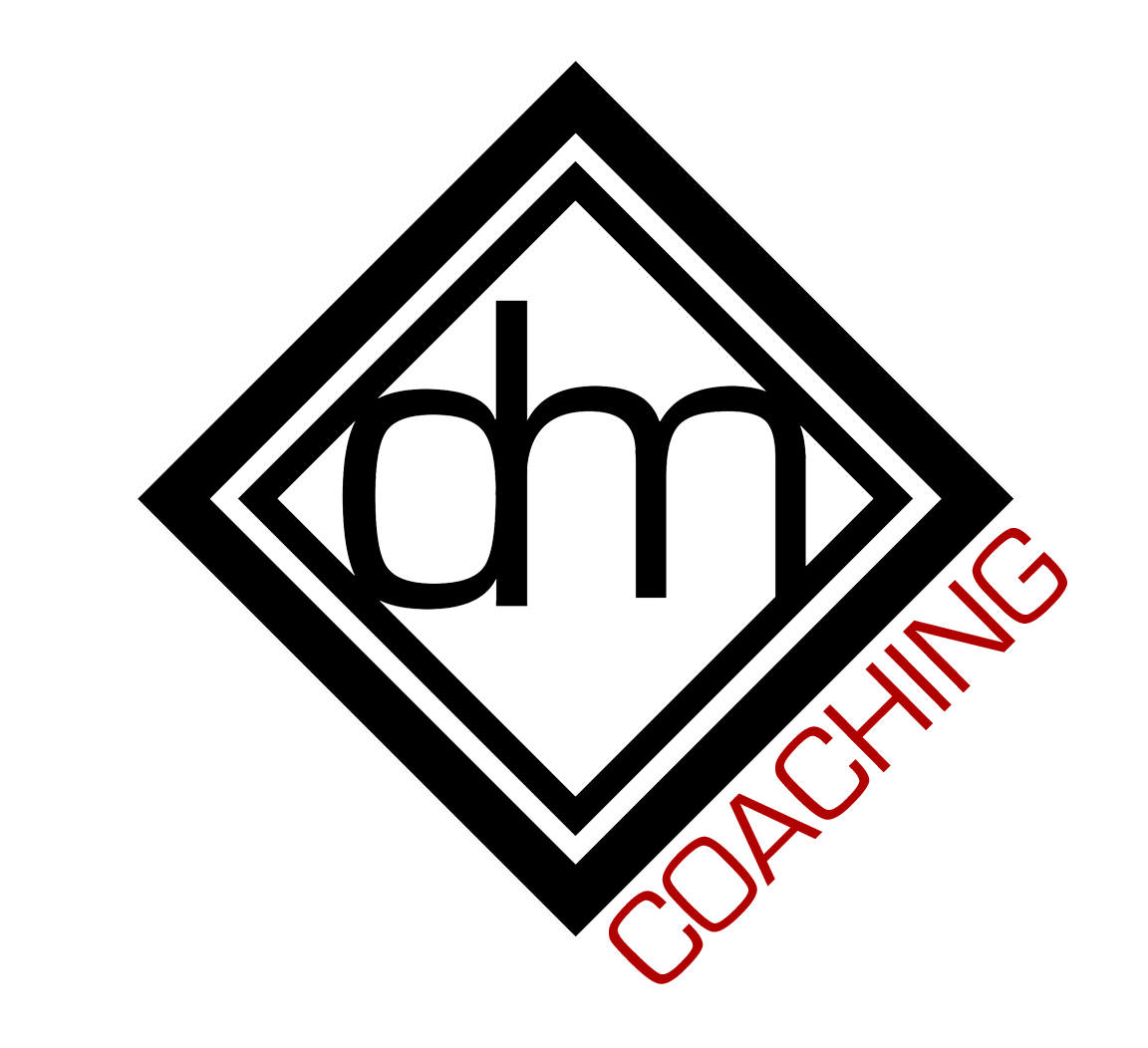When I was in college, I remember my professors saying, “C students are the ones who become the best pastors.” In the moment, my classmates and I had no idea what they meant by it. But then I came across some research on emotional intelligence and the idea of average intellectual performance leading to success started making more sense to me. Emotional Intelligence, or EQ, is the ability to understand and manage your own emotions, and the ability to understand and influence the emotions of others. It’s a term created by Psychology Professor Peter Salovey—now President of Yale University—and John Mayer of University of New Hampshire. However, it was made popular by Daniel Goleman. In 1995, studies showed that people with average IQs were outperforming those with the highest IQs 70% of time. Years and years of research eventually found that having a high EQ, not necessarily a high IQ, was what sets successful leaders apart from the rest. You can be the smartest person in the world, but if you don’t have emotional intelligence, you’ll still come up short. Because having a high EQ means you understand that our emotions have a huge impact on how we show up, and how we can impact those around us—both negatively and positively. As Daniel Goleman puts it in his HBR article, What Makes A Leader, “The most effective leaders are all alike in one crucial way: they all have a high degree of what has come to be known as emotional intelligence … My research, along with other recent studies, clearly shows that emotional intelligence is the sine qua non of leadership. Without it, a person can have the best training in the world, an incisive, analytical mind, and an endless supply of smart ideas, but he still won’t make a great leader.” I wouldn’t have your best interest in mind as a leadership coach if I didn’t teach you about emotional intelligence. That’s why each Wednesday over the next several weeks, we’re going to delve into what it means to have emotional intelligence, and how we can cultivate a high EQ as leaders. Together, we’ll be discussing the four domains of EQ—and their relationships—according to Goleman: Self Awareness, Self Management, Social Awareness and Relationship Management, and the competencies we can learn within each. We’ll also walk through the five practical, coachable attributes of EQ and what they look like in our everyday leadership. As we break down the essence of emotional intelligence, we’ll begin to discover just how valuable it is to every leader’s success. You don’t want to miss this series!
LIKE THIS POST?
Sign up to receive my posts via email and get a FREE copy of 21 Actions to Jumpstart Momentum!
[activecampaign form=3]]]>
